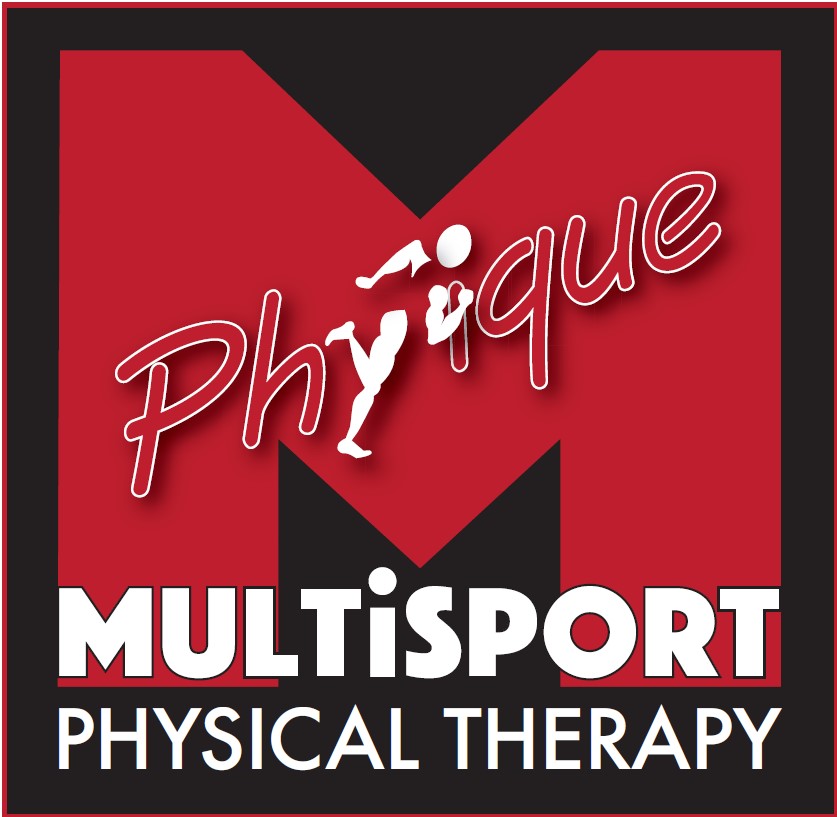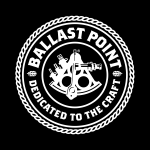Al Tarkington

I had the pleasure of talking triathlon recently with Tri Club member Al Tarkington. Al qualified for the Hawaiian Ironman by winning the 65-69 age group with his 13:49:06 performance at Ironman South Africa on March 20, 2005.
AT: I was a competitive swimmer in high school and college. My mother gave me my first swimming lesson - in the ocean when I was five. That's sixty years ago. So, I have always loved rough water swimming. I've always ridden a bike, but not competitively. It seems odd now, but when I was in school, it was very unusual to ride a bike any distance. My first "quality" bike was a Raleigh 8 speed. The 10 speed was yet to be invented.
I enjoy bicycle touring. It is a great way to see the world, and my wife and I have biked through more than 40 countries.
CZ: What was your first triathlon like?
AT: My first triathlon was in Mission Bay in the late 70's. The tide was low, so you had a choice of swimming or shuffling through the mud. Before triathlons, we would do events such as the Tug's Tavern Swim-Run-Swim from the Pacific Beach pier to the jetty and back around the pier. Shoes were optional, so the first time I did it I ran barefoot to save transition time. My feet were raw by the end of the run.
CZ: You have learned a lot during your time racing triathlons, what mistakes have you made that the rest of us could learn from?
AT: I've probably made every mistake you could make. But a couple stand out. I seem to have trouble finding my bike at T1. I've tried counting rows, spotting landmarks, using bright towels. I wonder if they will let me tie a ballon to my bike next time? At the Utah 1/2, a race official insisted on helping me fix a flat. He was useless, and it cost me a pinched tube and an extra 10 minutes.
CZ: What Ironman races have you done?
AT: I have competed in three Ironman distance races. I raced in Kona in 1991 with a time of 12:40 and again in 2003 with a time of 13:24. The qualifiers for those races, the Windward 1/2 and the Utah 1/2 are no longer. This March I travelled to South Africa and finished the South Africa Ironman with a time of 13:49.
CZ: Tell us about traveling to South Africa?
AT: I picked South Africa for a number of reasons. First, I thought the competition might be a little less. The South Africa Ironman had been discontinued for several years, and 2005 was the first year back. Little did I know, the Germans and others set up Ironman junkets from European cities to Port Elizibeth. Still, there were 800 plus entrants which is less than many other races.
But, there is a lot more to South Africa. My wife and I biked across South Africa in 2000 on a tandem. The language is English. The dollar is strong against the Rand. The country is beautiful, the people are very friendly and hospitable. There are a number of outstanding wild game reserves. For the daring, the worlds tallest bungie jump is a few miles away. After the Ironman, we flew to Victoria Falls in Zambia for a few days of R and R as did several other competitors. Traveling to South Africa was a way to combine a great vacation with competing in an Ironman.
CZ: What was your race like at IM South Africa?
AT: The South Africa Ironman course was laid out to be spectator friendly with two loops on the open ocean swim course and three circuits on the bike and three on the run. Water temperature varies greatly from day to day due to the confluence of two oceans. And conditions can vary from flat to very choppy. On race day, the water was calm, temperature in the mid 70's with wetsuits allowed. You swim one loop, run up to the beach past spectator bleachers and back to the water for a second loop.
The bike course has one long gradual climb, then a fairly flat course with some rolling terrain. The heat builds up during the day as do the headwinds coming off the ocean. Even though it is three circuits, the course reminds me a lot of Hawaii with temperatures reaching the 90's and a similar elevation gain. All the fast riders blew by me on the first loop. I paced myself, and on the third loop I passed many people who were struggling with the hill, the heat and the wind. I was surprised that I was only lapped by two people, the eventual winner, Raynard Tissink and one other.
The run started out hot and humid with large clouds starting to form. By the second lap, it was overcast and there was lightening and thunder in the distance. It started to rain at the beginning of the third lap, and there were lightening bolts in every direction. The skies broke loose with rain and thunderclaps, and the sky lit up with lightening. Being a Southern Californian, I had never seen anything like it, let alone run in it.
The air temperature dropped 30 degrees. My hamstrings turned to icicles, and I started doing the sidewalk shuffle. I had no idea of my placement in the race. I didn't see anyone else in my age group all day. My thoughts changed from finishing first to just finishing to just moving.
CZ: What does it feel like to qualify for the Ironman World Championships?
AT: I was positive that I finished dead last in my age group. The following day, my wife insisted that we go to the Qualifier meeting.
They announce the slot winners starting with age 18, and the winners must be present and pay the IM Hawaii entry fee on the spot or forfeit their slot. They had slowly gone through 28 of the 30 slots when they reached 65-69 age group. When they said my name, I was literally stunned. It was a total surprise. I was overcome with emotion and could hardly speak.
Still, I must say that finishing an Ironman means much more to me than qualifying for Hawaii. The hardest part is putting in the hours of training to be prepared to go the distance. Qualifying is icing on the cake.
CZ: Who will join you in Kona?
AT: I think this will be a great year for the TCSD with a large number of athletes going to Kona. I'm looking forward to joining them in Kona. My wife volunteered in 2003, and she has signed up to help out again this year. We have a couple of doctor friends who volunteered in 2003 and they will be back at the medical tent this year.
CZ: What would you recommend to others that want to race their first Ironman distance event?
AT: It is so important to stay positive in training and in the race. A key to my training is to make training a priority by blocking out training time and sticking to a training schedule. Keeping a daily diary or training record is a must. In San Diego we are fortunate to have the Tri Club members and activities. My one goal in the race is, no matter what, to finish with a smile on my face.
CZ: Do you have any pet peeves or things that you’d like to change with the sport?
AT: It has become more difficult to put on longer distance races in urban areas. Triathlons require road closures and require cooperation from politicians, residents and merchants. They all see triathlons as interfering and interrupting their livelihood and way of life. We as triathletes need to be aware that it is those very same people that see (and remember) the minority of us who do not obey traffic laws or who swear at motorists that come too close. We need to change our image from the wild cyclist to your friendly triathlete next door.
CZ: What are your favorite aspects of being a triathlete?
AT: Being a triathlete is the perfect way to stay fit. When not training, you can still say "what do I want to do today? Go for a swim, take a run or bike?" It's great to have exercise choices. And the combination of the three events usually means you are reasonalbly good at one of them. It's a sport that you can do for life, and I'm living proof that you are never too old to keep on trying.
CZ: What do you like to do when you are not being a triathlete?
AT: I started my retirement in 2000, and completely retired from being a partner in a North County CPA firm this past January. We like to travel, and we already have two bicycle trips planned for 2006, one to Belgium and one to Tazmania.
CZ: What triathlons do you plan to do after Kona?
AT: I will continue to bike and swim and run and do triathlons after Kona, but I don't have any specific triathlon plans or goals beyond Hawaii. Right now, Hawaii is my only focus.
CZ: Al, thank you so much for sharing your story with the Tri Club. It will be an honor to race with you in Kona this year. On behalf of the club, we wish you and your wife the very best in all that you do!








